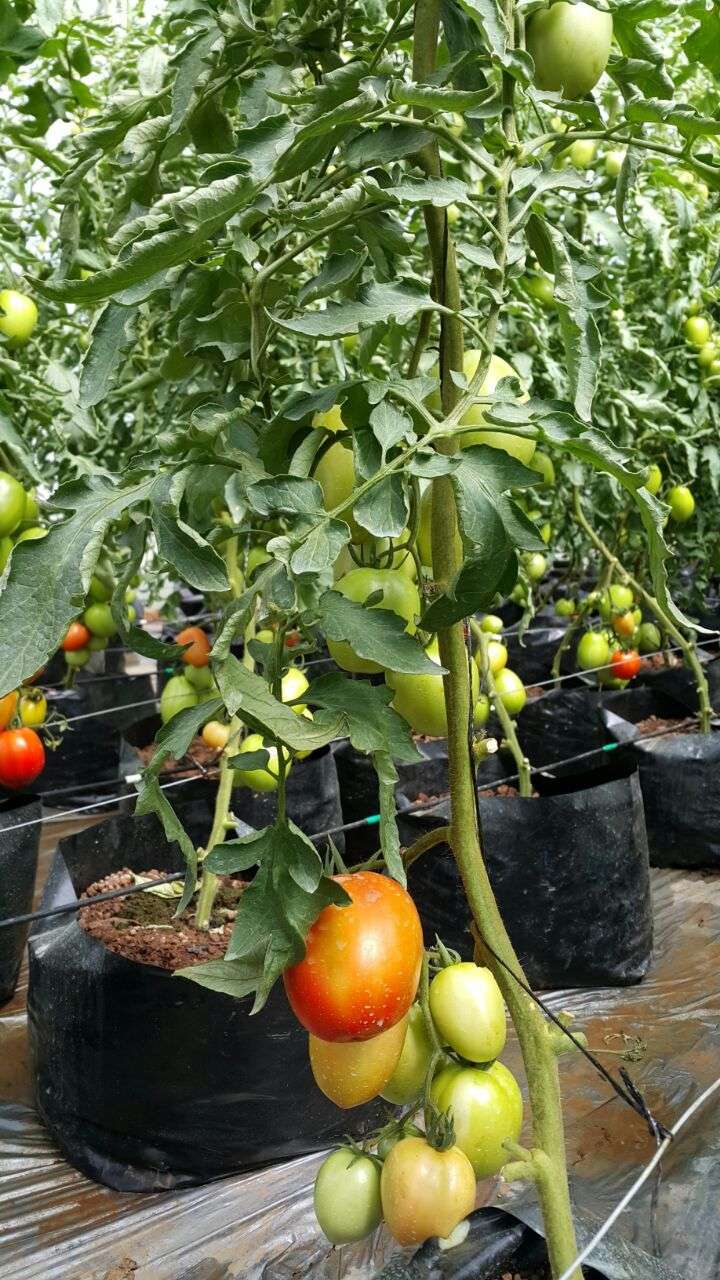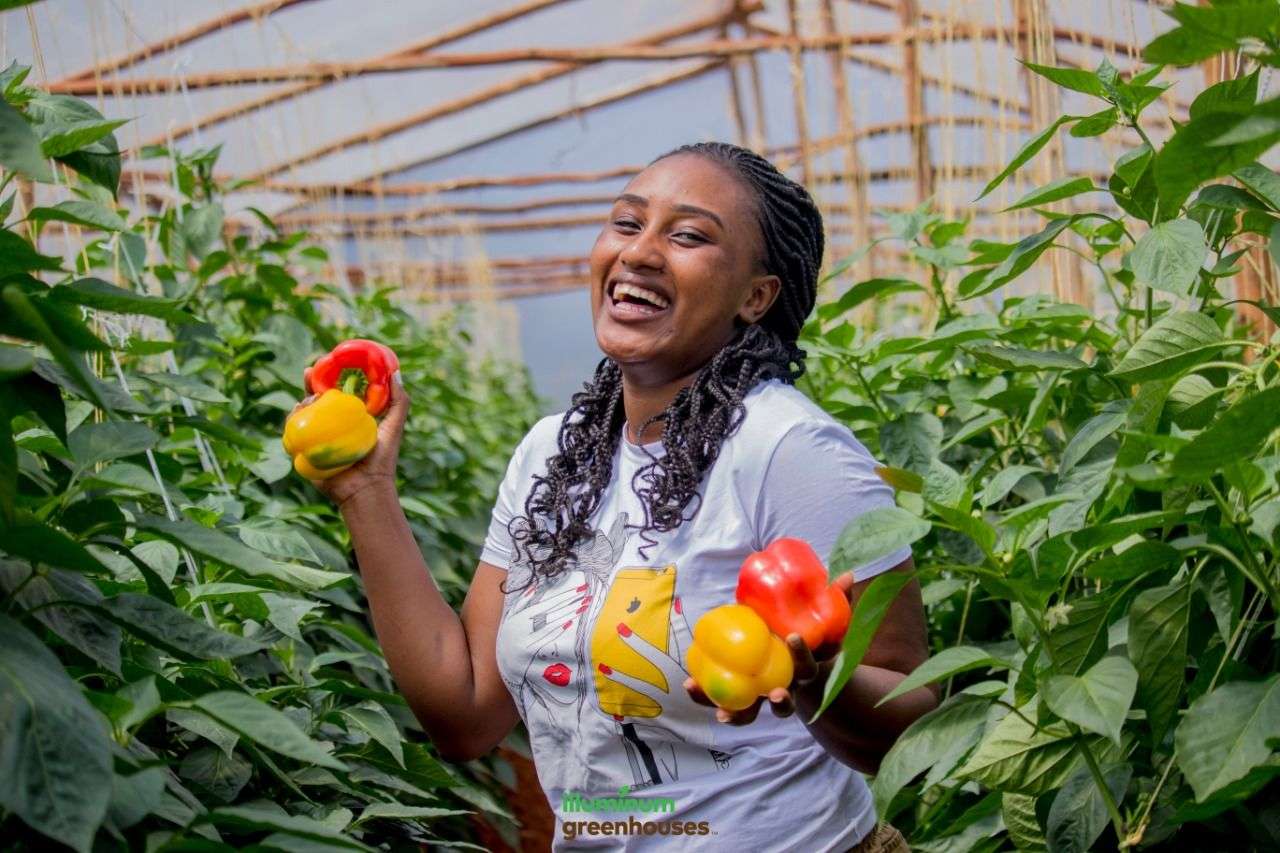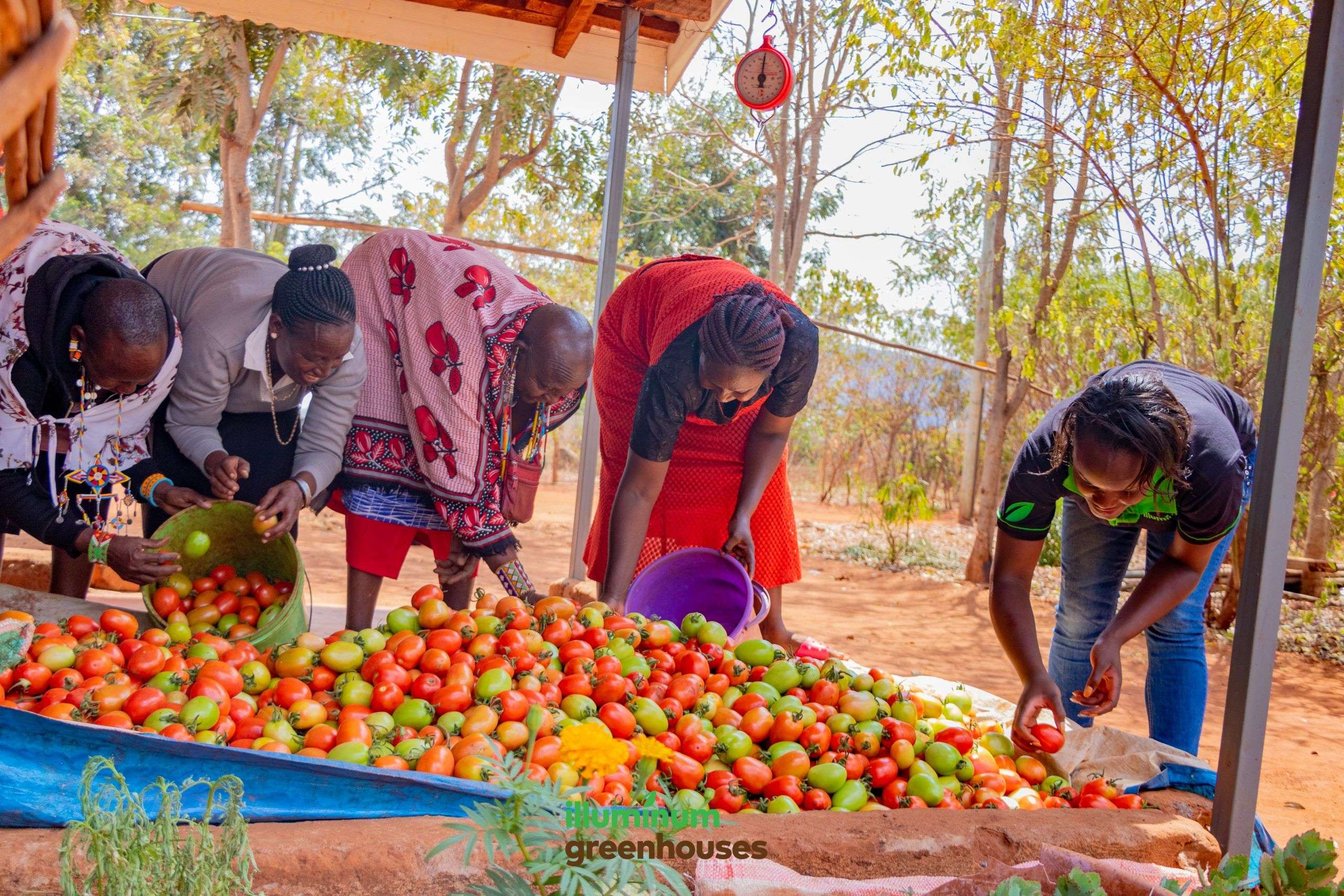Simple do’s and don’ts for a first-time farmer

“We keep moving forward, opening new doors, and doing new things, because we are curious and curiosity keeps leading us down new paths”– Walt Disney
Farming success stories have become the new-age form of seduction for most investors. Farmers have been to known to triple their initial investment in a matter of months! Therefore, armed with THE multibillion agricultural idea, the required finances and land, how does one convert the idea into actual money? Here are a few simple rules and mistakes beginning farmers should avoid:
Do’s
- Do become knowledgeable on the subject. The farmer should attend workshops and seminars, read various articles related to the crop you want to venture in. Farmers will be able to interact with experts and learn on new technologies.
- Do start small. The most advisable thing to do as a first time farmer for the first growing season is to start small and expand gradually. However big a land you have, it would be advisable to dedicate a small portion of land during the first season. This will make management easy.
Don’ts
- Don’t assume! Many farmers usually brush of details they deem to be unimportant such as soil testing to find out whether the soil’s nutrients, contamination level, composition and acidity level. Overlooking some of these issues might lead to huge losses.
- Don’t obtain information from the wrong sources. Do not only rely only on advice from other farmers. Use agronomists from known agricultural companies or the Ministry of Agriculture.
- Don’t ignore. For example, a farmer might decide to spray his crops once a month instead of twice as is required. This might lead to crop infections which could have otherwise been avoided.
Farming has been made easier by greenhouses. Greenhouses are typically equipped with plastic walls which helps in moisture retention and regulation of temperatures. Farmers can, therefore, capitalize on out-of-season crops such as tomatoes, cucumbers, lettuce, basil, and other vegetables that usually command high prices in some markets. Plants are prone to damage from insects. A greenhouse keeps plants in isolation, locked safely away from the outside world where insects, rodents and other animals could damage crops.
Greenhouses come in all sizes depending on the size of your land or your preference. The most obvious reason to have a greenhouse is that one can grow vegetables and flowers all year round. Greenhouses also protects crops from weather elements such as blizzards and high winds. At Illuminum Greenhouses we offer high quality, modern greenhouses at affordable prices. We also have professionals who will provide expert advice to farmers. Our goal is to provide quality products and services that will ease the farmer’s journey. For more information, please visit our website at www.illuminumgreenhouses.com


